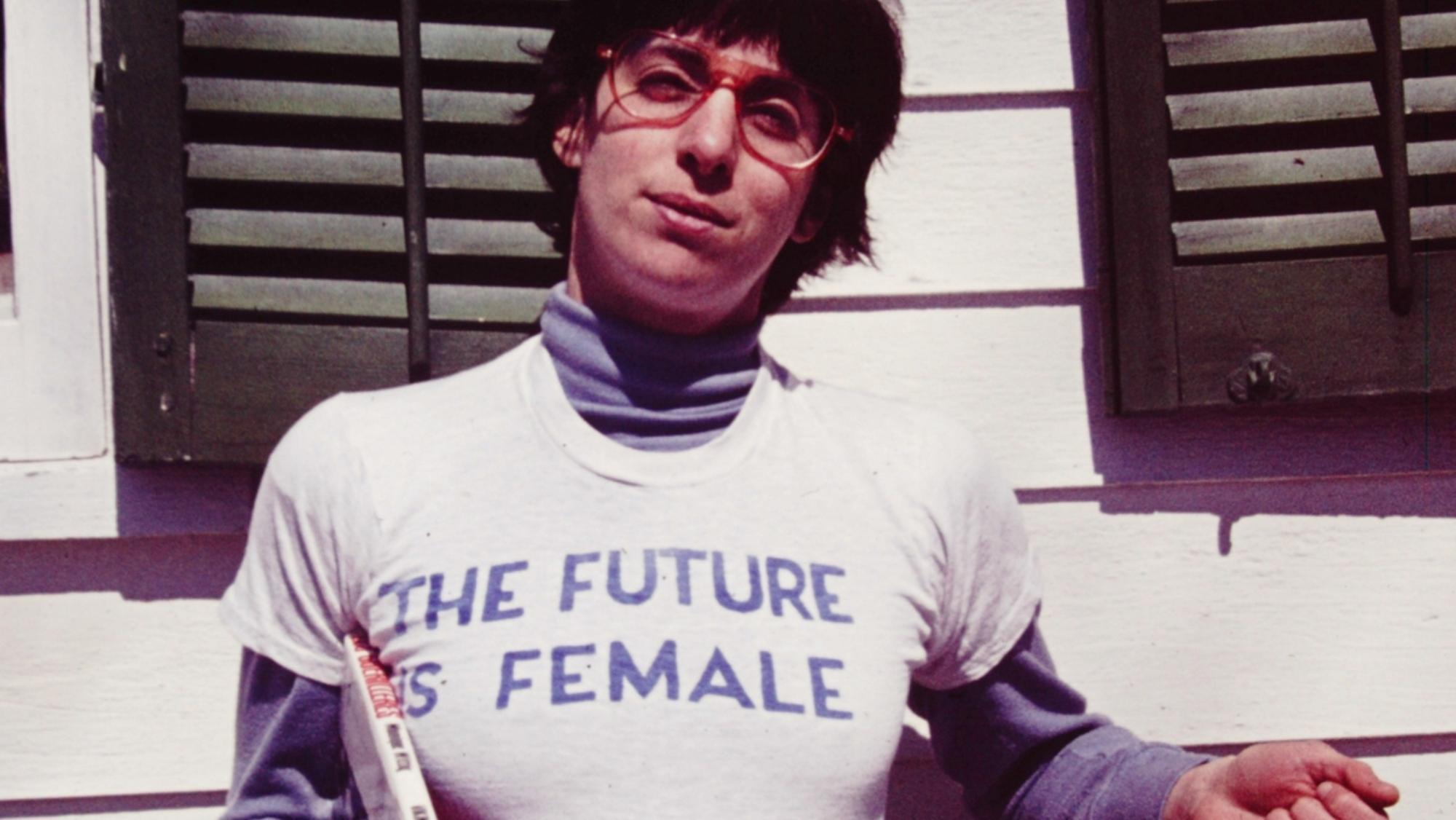Back in 1984, lesbian and gay people in England came out in force to support the miners. The underdogs of the social world uniting, because strength comes in numbers and conservative or liberal political ideology only gets you so far. A couple of years before that, hundreds of women gathered to create Greenham Common Peace Camp and protested against nuclear weapons. The spirit of that decade was ‘in divisive times, unite with purpose’, and it brought together communities against the bleak age of Thatcher. 2016’s swell of activism reminds me of this. On a planet of polarities, when politics shows us the apex of hatred, we also see equal measure in the depth of love.
2016 was the year when solidarity, once a distant concept, became a felt experience. This year, people everywhere had their say and others responded to the battle cries with marching, protest and online support. The history making junior doctors strike garnered support from British public despite the risks. The women in Poland went on strike. Black Lives Matter reached the UK (and shut down runways at London City Airport). In the face of dissent, activism seeped into the lifestyle of many who’d been snoozing.
You could say our communal grief began with Bowie. Then, between political fall-outs, off went Prince, Muhammad Ali, Harper Lee, Leonard Cohen. In a most transformational stage of modern times we didn’t lose our most revered cultural icons, we energetically devoured them. Scattering the ashes of their activist hearts into the new movements we made. The superstars of our own generation began to use their power for political means. Let’s not forget how wildly accelerating it was for Beyoncé to get outspoken on the biggest stage for everyday American’s: the Superbowl. The death of our heroes cleared the channel for new iconography to rise.
Through these major communal conversations we start to see each other, warts and all. Trump coming into power is not the disaster itself; the underbelly of that mass defeat is that racism, misogyny and fascism are not reserved for history but very much alive in the world today. Trump’s win gave us a necessary transparency on that. But as British poet Anthony Anaxagorou said: ‘we’ve been fighting men like Trump our whole lives. This is what we do.’ Now we can all see it, we can overtly show our solidarity and respect for those affected by it. Trump represents more than he stands for politically, he has also been – albeit in a twisted way – the catalyst for active compassion.
Had we not seen the pain of others this year, would the US Army veterans have gone to the indigenous people at Standing Rock and begged forgiveness for stealing land, breaking treaties, taking language and polluting the earth? Would Otherwild’s ‘The Future is Female’ t-shirts really have become as iconic as they have – worn by men and women the world over begging for an end to patriarchy? Would The Good Immigrant have become Britain’s book of 2016?
The Good Immigrant – a book of essays on the experience of ethnic minorities – rose to the top of book charts across a nation wrestling with identity crisis and xenophobia. Brexit has, thus far, only served to reveal the manipulation of democracy. And we needed to see that, so now we can communally engage with one another to create the world we thought we had in the first place. Books, art and culture have, as always, helped direct the emotional landscape and motivate conversation. Choosing to not feel defeated is about choosing to feel alive, and it’s a lot more fun to be one of the 72,000 people donating to Planned Parenthood in Mike Pence’s name than it is to stoop in the melancholy of a fate that’s more flux than truth.
Vital communities are growing in 2016 because they have to. Queer black performance artist Travis Alabanza says to i-D, “What has happened [this year] is more strategic thinking, more urgency, and a centrality on community that has been inspiring to see.” It’s so key that when we look at the growth of marginalised community spirit that we don’t just observe the outcome but we celebrate every millimetre of success for the insistence it took to get there. “Venues are less open to host us, charge extortionate prices, we are often told to make our events more ‘welcoming’ (said = white) – and often the spaces we have left to choose from are inaccessible or high budget,” says Travis, “Qtipoc organisation is even more magical when you think of the resistance they’ve had to go through just to create that action”. Even your ostrich-syndrome friends who say “I’m not interested in politics” know that now is the time for making an effort to feel good, and spread it. Apathy is no longer cool.
2016 is the morning we woke up as comrades, hell it’s the first time many woke up at all. The establishments, worldwide, showed their cracks. Governments started to look like cheap soap opera’s; any moment now the set will fall down behind them.
For activists like me who’ve been calling bullshit on the whole façade for time, it’s a damn relief that the curtains have been opened to expose the harsh light of day. It’s dawn at the big sleepover of the west, and we’re welcoming you into the new day with “oh good, you’re finally up, have been awake for hours and your brew went cold but pick out a slogan t-shirt and we’ll get the kettle back on”.
Credits
Text Lisa Luxx
